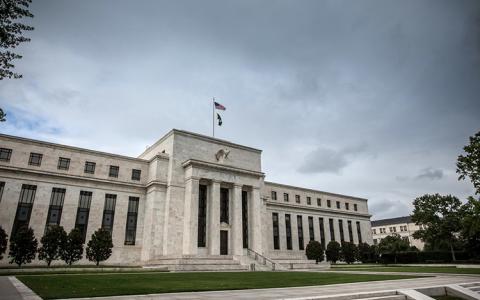
(Federal Reg News) The process ensures banks have the capital to absorb losses amid a recession to lend to households and businesses.
Per the Federal Reserve Board, this year’s bank stress test involves the resilience of banks
with more than $100 billion in total consolidated assets being tested against a hypothetical recession featuring a global downturn with commercial real estate and corporate debt markets stress.
Smaller banks are only required to participate in the testing initiative every other year. This year, four firms opted in voluntarily: BMO Financial Corp., MUFG Americas Holdings Corporation, RBC US Group Holdings LLC, and Regions Financial Corporation.
“The banking sector has provided critical support to the economic recovery over the past year,”
Vice Chair for Supervision Randal K. Quarles said. “Although uncertainty remains, this stress test will give the public additional information on its resilience.”
The hypothetical situations are not forecasts, the Federal Reserve Board said, and the scenario is more severe than most current baseline projections for the path of the domestic economy under the stress testing period.
The goal is to assess the strength of large banks during the recession scenario, with each scenario including 28 variables covering domestic and international economic activity.



